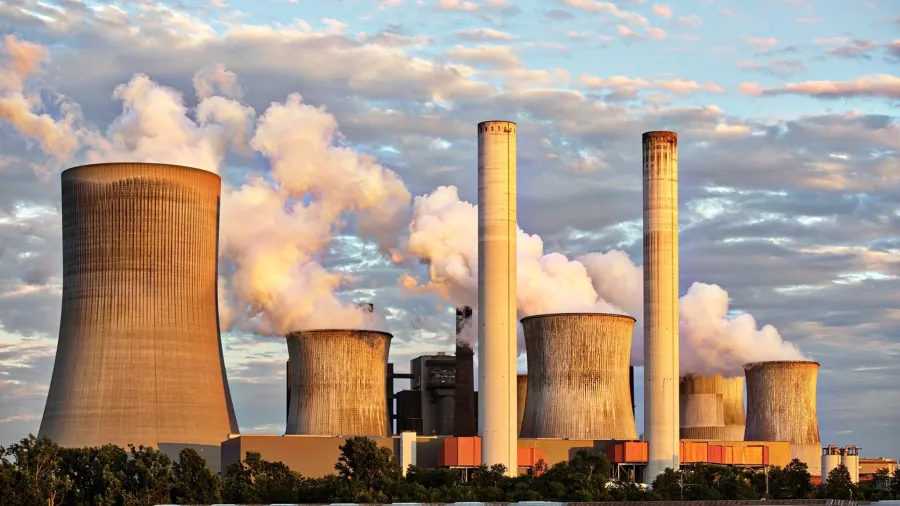
Here are South Korea’s new ‘five-fold’ energy policies
This includes increasing the nuclear energy ratio to 30% by 2030.
The South Korean government bared the country’s new “five-fold” energy policies that would help the country achieve its carbon-neutral goals whilst maintaining energy security, which includes the use of nuclear energy.
The Ministry of Trade, Industry, and Energy (MOTIE) announced the new policies during the 30th cabinet meeting last 5 July.
“Amid the global push for carbon-neutral, escalation of Russia-Ukraine conflict and global energy supply chain uncertainties, energy security and attaining carbon-neutral goals are now more critical than ever,” the ministry said in a statement.
“In response to these changes, it is imperative that new energy policy goals and directions are set so as to better accomplish carbon neutral government projects and the expansion of nuclear power,” it added.
First, the South Korean government said a feasible and reasonable energy mix must be re-established, which meant the resumption of the construction of Shin-Hanul No. 3 and 4 nuclear reactors, targetting to increase the nuclear energy ratio to at least 30% by 2030.
READ MORE: South Korea eyes becoming a nuclear energy powerhouse
It added that a high-level radioactive waste treatment could possible be installed under the prime minister. Renewable energy supply goals should be reestablished taking into account the rational and realistic supply conditions, whilst the coal phase-out should be done in a “rational manner” considering the supply-demand situation and system status.
Key goals for power grids, meanwhile, include timely construction, system stabilisation, efficiency-focus redesign, and high-tech grid construction.
The MOTIE also said that legislation of a special act on resources security is needed to create an early warning system, as well as preemptive and comprehensive resources security measures.
In line with this, the government wants to strengthen the supply chain across the entire cycle through increased strategic stockpiling, import channel diversification, and the reuse of critical minerals.
It also wants to restore the ability of public companies to secure resources and resume normalisation of management, adding that it will help strengthen private entities’ investment in overseas resources development.
Thirdly, MOTIE said the government wants to streamline energy demand and market structure based on market principles, aiming policies to shift from being supply-centric to demand-centric to address efficiency. This could be achieved through the Mandating Energy Efficiency Resource Standards and deregulation moves.
For the power market and rates, the government prioritises establishing a market “that runs on the basic principles of competition and fairness,” and power rates will follow cost basic principles.
The fourth energy policy focuses on strengthening exports of new energy industries and capitalising on them as “growth engines.” As part of this, MOTIE said the government, by 2030, plans to export 10 nuclear plants and develop the country’s own unique small modular reactor, and reinvigorate the nuclear energy ecosystem through early project procurement.
MOTIE said they also want to pursue hydrogen, and plans early commercialisation of next technologies such as tandem solar cell and giant wind turbines. The government will support innovative energy startups especially those with new technology, and industry-catered development schemes.
It also said that for the system, the key tasks include improving the carbon emission trading system, prompting autonomous carbon reduction markets, revising the RE100 programming, as well as advancing the climate change response system and encouraging private investment.
Lastly, the government identified energy welfare and raising public receptivity to energy policy as the main issues. MOTIE said that energy vouchers and support for the improvement of energy efficiency for the low-income bracket can boost protection for those vulnerable to “energy poverty.”
To increase residents; receptivity, the government eyes strengthening communication with them, seeking portable renewable energy projects, and heightened profit-sharing. It also plans to create a reliable energy foundation by strengthening the overall safety of power plants, providing hydrogen safety standards, as well as managing of a petrochemical industrial complex.
If the new energy policies are implemented smoothly, this will reduce reliance on fossil fuel imports to 60% by 2030 from 81.8% in 2021. These are also expected to create around 100,000 new jobs by 2030.
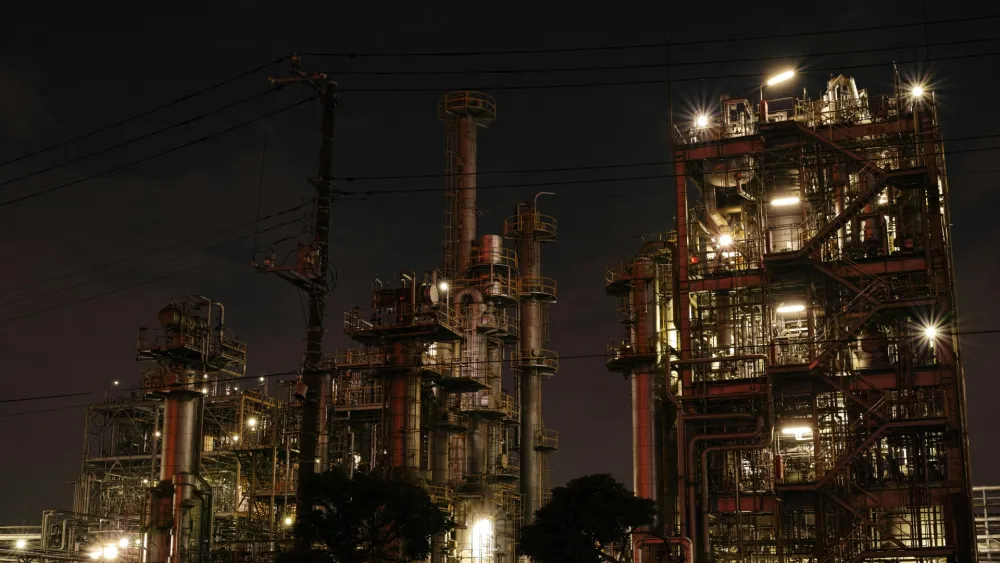
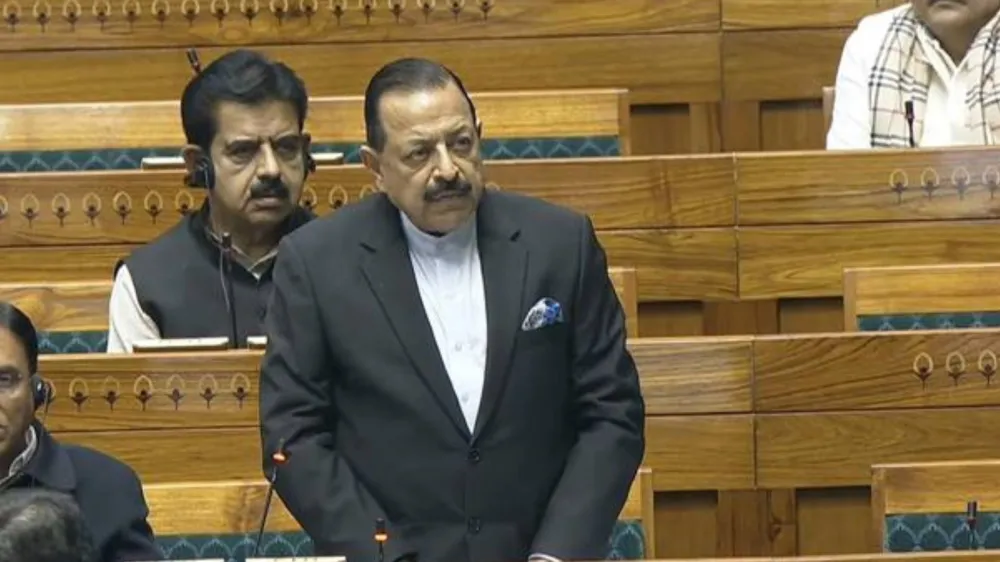

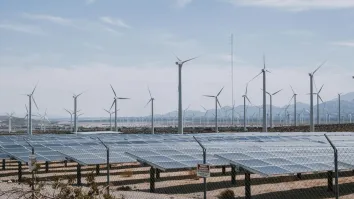
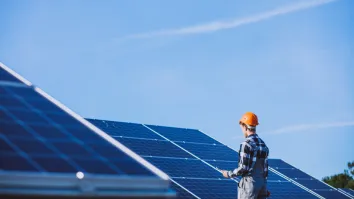
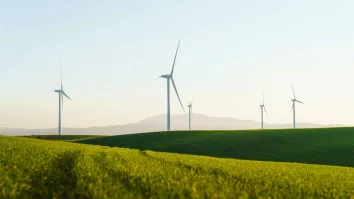













 Advertise
Advertise






